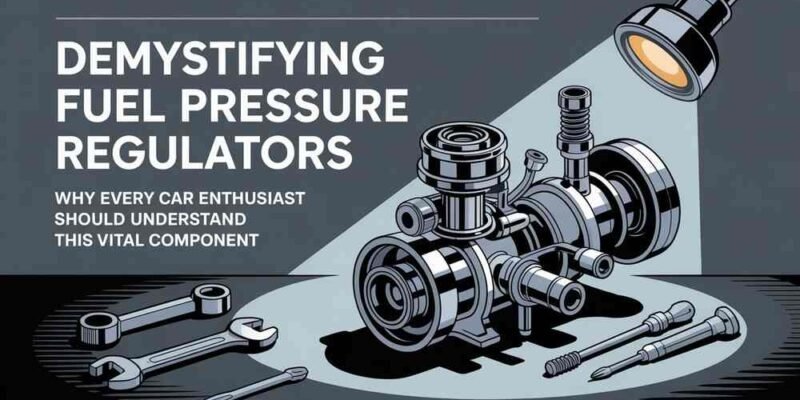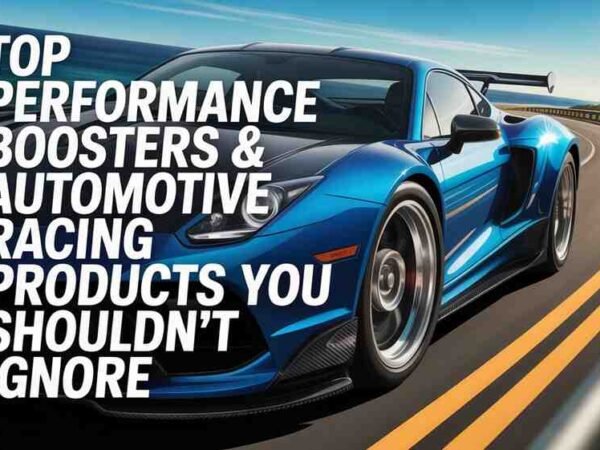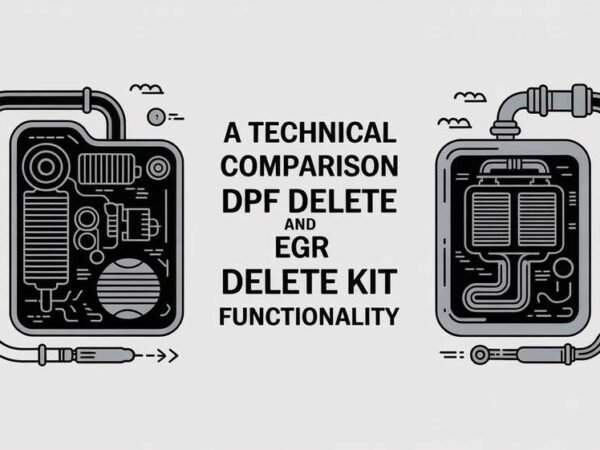Suppose you’re a car lover, a self-taught mechanic, or someone who enjoys optimizing your vehicle’s performance. In that case, one small but significant component beneath your hood merits your focus: the fuel pressure regulator. Although it’s not as glamorous as the turbocharger or exhaust system, this crucial component ensures your engine operates smoothly and safely.
This article will explore the functions of a fuel pressure regulator, its importance, and how knowing it can help you avoid expensive repairs and even improve performance.
To better understand the subject, read this comprehensive overview: What is the Fuel Pressure Regulator? All You Need to Know
What Is a Fuel Pressure Regulator?
A gas pressure regulator is an instrument that ensures constant fuel pressure flowing to the fuel injectors in your vehicle. It also provides the proper fuel volume supplied to the engine by the operating conditions.
Without operating control, the engine could have issues with performance, high fuel consumption, and even permanent damage. Modern vehicles are equipped with electric fuel injectors. The pressure control is much more intricate.
In the past, regulators operated by vacuum, while the newer ones operated via an engine control unit (ECU).
Why Fuel Pressure Regulation Matters
The fuel-to-air ratio in the engine must be precisely balanced to ensure optimal combustion. If you use too much fuel, you risk flooding your engine or reducing its efficiency.
Insufficient fuel may cause the engine to fail to fire or overheat. The fuel pressure regulator maintains the balance in different loads, RPMs, and temperatures.
Benefits of a functioning regulator of fuel pressure:
- Improved Fuel Efficiency
- Smooth Engine Performance
- Reduced Emissions
- Prevention of Engine Knock or Misfire
Symptoms of a Failing Fuel Pressure Regulator
Like any other component in your car, fuel pressure regulators are prone to being worn out over time. Here are a few warning signs that yours may be failing:
- Smoke coming from exhaust is a sign of a rich mixture of fuel.
- Insufficient acceleration: A lack of pressure on the fuel can result in slow performance.
- Engine fails to fire or stalls
- Leaks of fuel can occur around the fuel rails or injectors
- Lights for checking the engine are on.
If you’re having one of these problems, it’s worth examining the fuel pressure regulator. For step-by-step directions and other information, go to What is a Fuel Pressure Regulator?
Can a Performance Fuel Pressure Regulator Help?
Absolutely. A new fuel pressure regulator could be essential for modifying your automobiles for racing or other high-performance purposes. Supercharged and turbocharged engines require more precise fuel control to keep boost levels safe.
High-performance regulators can provide:
- Adjustable pressure settings
- More responsive fuel delivery
- Better handling of high-pressure fuel systems
They’re particularly useful in aftermarket setups, where existing components may not be sufficient to meet the latest demands.
How to Maintain or Replace a Fuel Pressure Regulator
The routine maintenance check should comprise the following:
- Inspections of the visual for fuel leaks
- Be alert for unusual engine sounds
- Utilizing a gauge for fuel pressure to measure the efficiency
Replacing a regulator shouldn’t be too difficult and can be accomplished with a few tools. If uncertain, always refer to your vehicle’s owner’s manual or talk to an authorized mechanic.
Safety Tips:
Fuel systems are pressurized. Permanently relieve the pressure of fuel before making repairs.
The Future of Fuel Pressure Regulation
With the growth in electric cars (EVs), fuel systems are becoming outdated. But combustion engines aren’t being eliminated. Hybrid cars, performance vehicles, and the millions of internal combustion engines on the road today rely on fuel pressure regulators.
Furthermore, emission standards are tightening, fuel systems are changing to become more precise and efficient, making parts like the fuel pressure regulator more crucial.
Knowing your fuel pressure regulator is essential when adjusting your vehicle for a race or just wishing to extend its longevity. It’s not huge, but it’s an absolutely powerful device for maintaining your engine’s performance efficiently.
To get more information about troubleshooting strategies, suggestions, and upgrades, look at this extensive article: What’s an FPR? All You Need to Know
Learn to stay on top of any issues and cruise the journey knowing that your engine is always provided with the right fuel.
Do Read: Car Towing Services for Those With an Automatic Transmission













